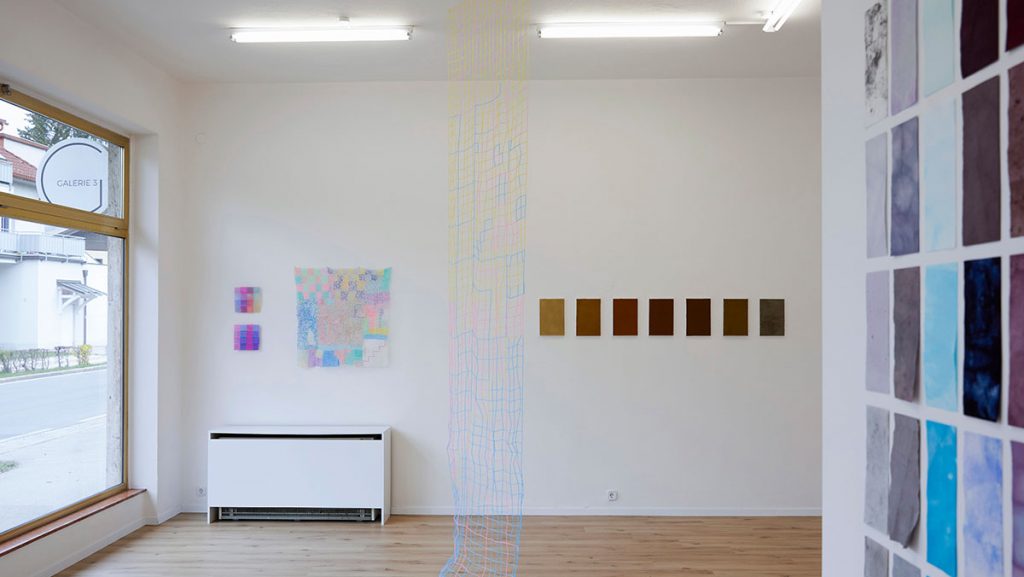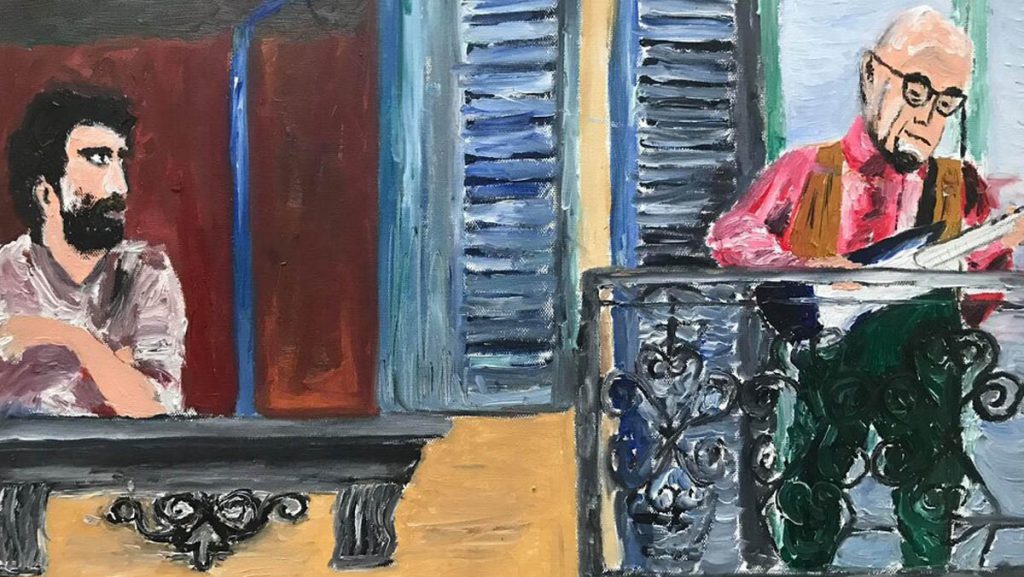Catalina Cosma lives and works in Bucharest. Her works have been internationally exhibited (Asylum Art Gallery Wolverhampton, National Museum of Literature Bucharest, Exhibition Space of the Academy of Fine Arts Vienna) and presented in online events (Late at Tate Britain).
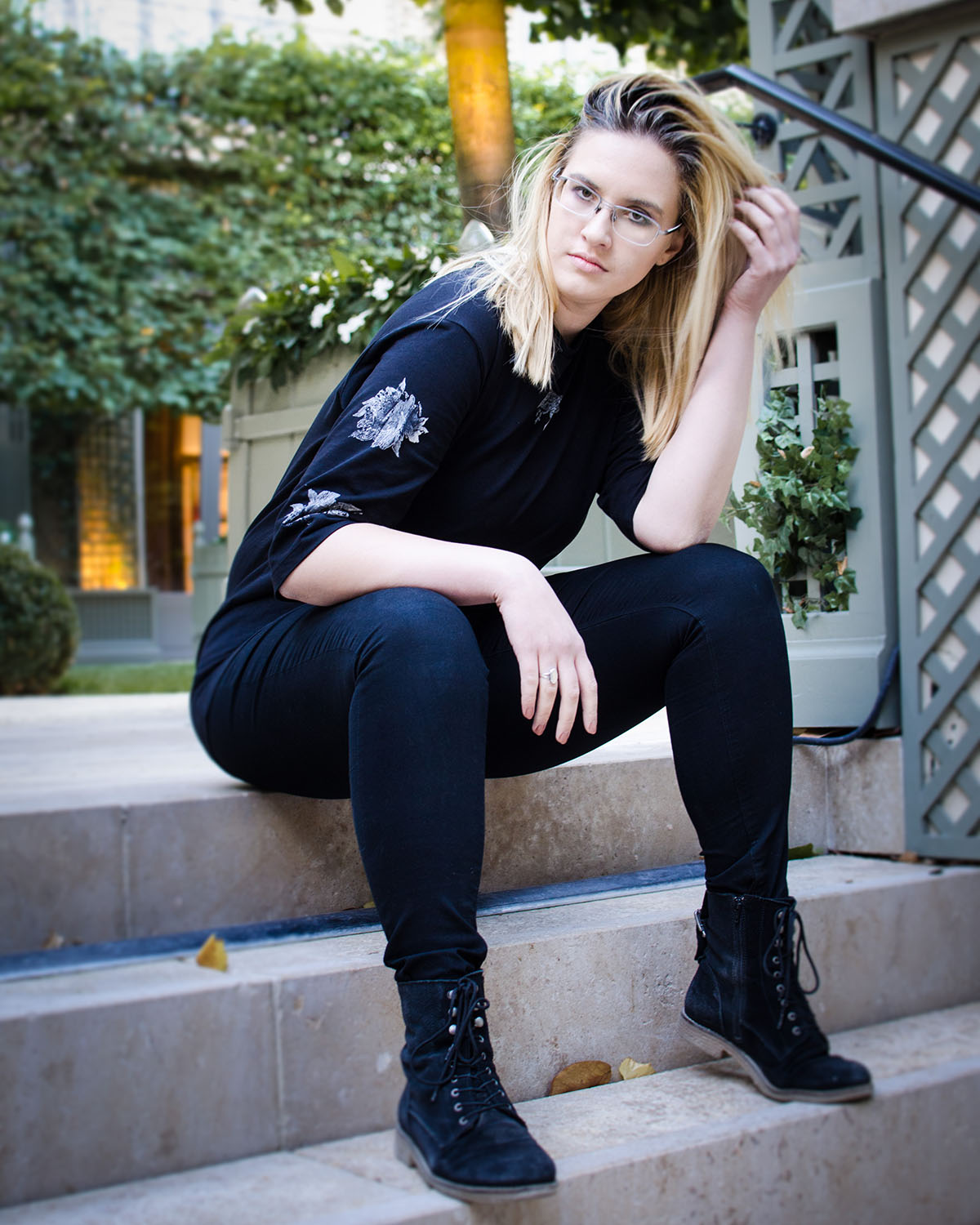
Could you tell us more about your artistic background?
My entire experience is based on experimenting, ranging from photography and video art to stage design. What I have always considered being my biggest strength is the courage to try new things. I consider myself the epitome of contrast, a person fond of art and creation, but also of science and facts. While attending a mathematics high school, I spent all of my free time working as a photo reporter, documenting events and putting together investigations. I had my first published report in a major local newspaper at the age of 18. I think this is how I developed my interest in stories and facts, which is currently an important part of my practice. In 2015 I was admitted to the National University of Arts Bucharest and graduated top of my class three years later with a Bachelor’s Degree in Photography, Video and Media Art. In 2016, I took part in a mobility program in the UK, which helped me gain more insight into the international art scene. In 2018, I took a gap year and focused on working with a local theatre NGO.
I experimented with new materials and traditional media while also coordinating a team of art enthusiasts and curating their exhibitions. I took part in several local and international art exhibitions, events and workshops. I am to graduate this year with a Master’s Degree in Dynamic Image and Photography from the National University of Arts Bucharest.
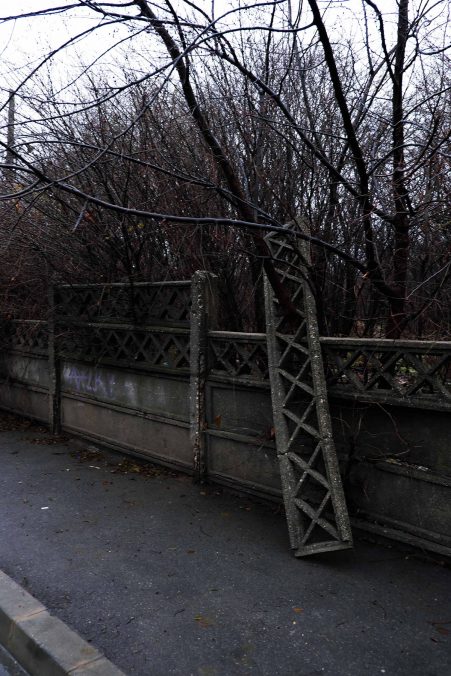
Impromptu forest, 2020-2021 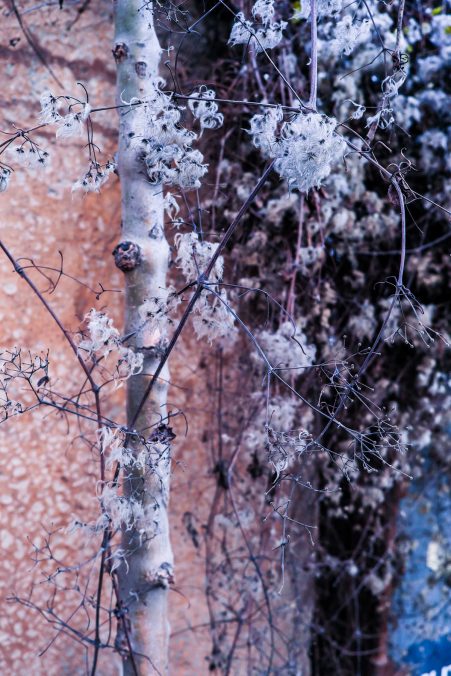
Impromptu forest, 2020-2021 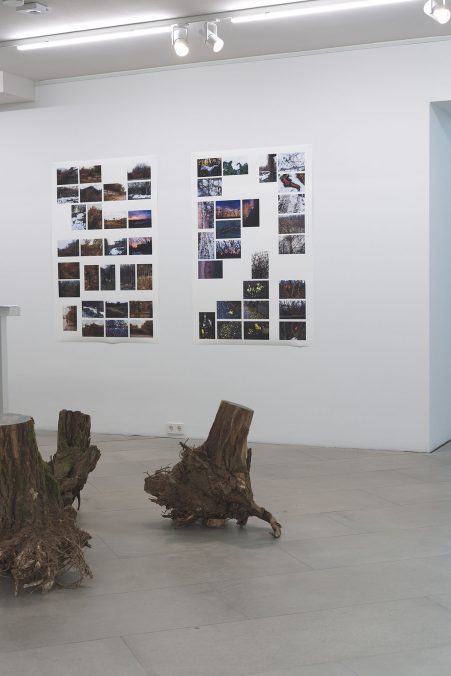
Use of Landscape Exhibition Vienna, Photo – Dominik Buda, 2021 (1) 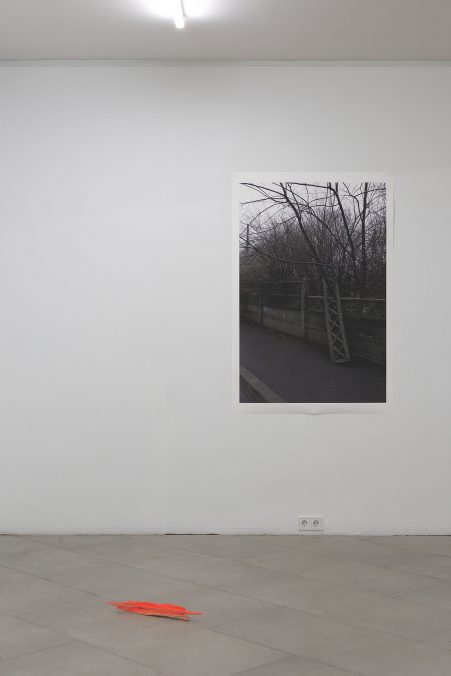
Use of Landscape Exhibition Vienna, Photo – Dominik Buda, 2021 (1)
What is your personal aim as an artist?
To question. To doubt. To point, talk and give no answers. I have no interest in beauty or plain aesthetic elements. For me, art opens up discussions, enlightens minds and rewrites history through modified perceptions. Art is everything philosophy can’t talk about and science has not yet discovered. As an artist, I feel that my role is to pose the best questions and suddenly leave the room. I want my career to speak through an endless row of puzzled rooms.
Where do you find inspiration for your work?
My inspiration resides in possibilities: in finding a red thread and seeing where it leads. I take great interest in experimenting with concepts and media. I usually look into subjects that interest me and see how I can add a personal twist. I am a big fan of post-its. Every time I find a thought with potential I write it down on a piece of paper and store it somewhere in my room. I strongly believe that creativity is just of matter of mixing and matching ideas. You never know when you could bump into one thing that came through your mind days, months or even years ago, and now you can use it to create something brand new. I also get inspired by seeing. I keep myself connected to the contemporary art scene, both local and international. I look at works online every day and see exhibitions at least once a week. I am a big fan of the great masters as well. I love travelling to see the big museums and art galleries. Traditional art has a way of speaking to me.
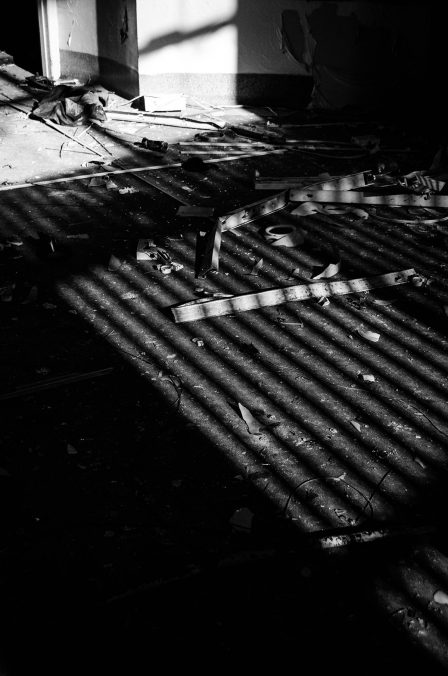
catalina cosma interview 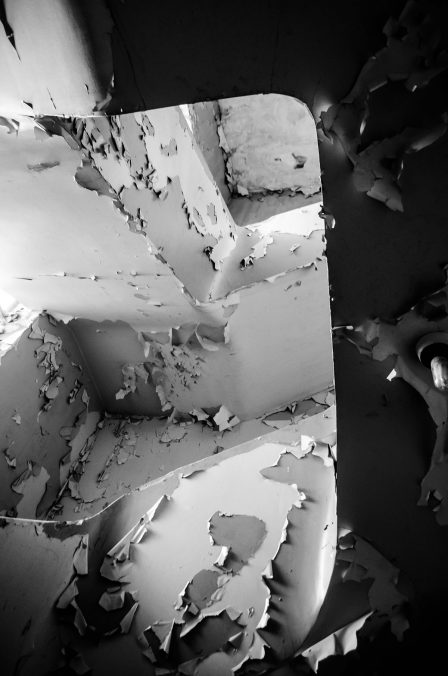
catalina cosma interview 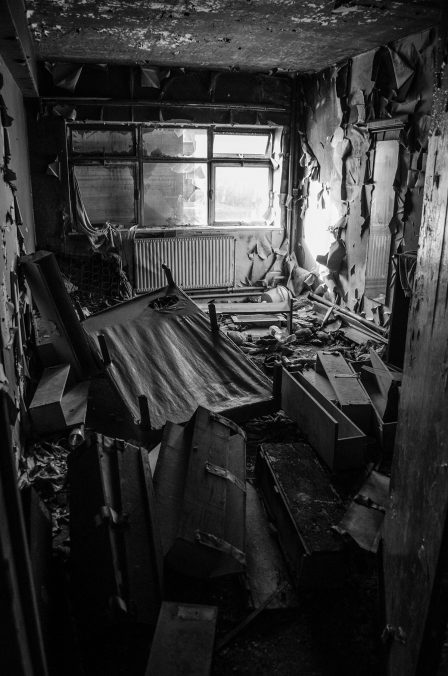
catalina cosma interview
How did 2020 influence your work?
2020 was a paradoxical year for me, full of contradictions and contrasts. As much as it was all about monotony and restrictions, it was also about inspiration and new experiences. The isolation at the beginning of the year was a breath of fresh air. After a long period of experimenting with different media, I finally returned to photography and video. I started keeping a photographic journal by studying light and the way it affects space every day. I discovered a brand new way to look at seemingly colloquial items and places. This is how I put together my first photo book, „Confinement of Light“, which is yet to be published. I also made my first series of photo collages, a mixture of landscape photos from my archive and images of the human body. This visual parallel just spoke to me so much. I put together a new narrative, one centred around my own longing for nature while in isolation. This series was also included in an online collaborative project between the Art Student’s Association and the National Museum of Contemporary Art Bucharest.
Even though the pandemic radically changed all plans, I was really happy to still be able to be part of the „Use of Landscape” online workshop with artists Michael Hoepfner and Iosif Kiraly. Seeing how the landscape is used by Austrian artists was a huge inspiration for me. I discovered this new theme that I have not used in my works priorly. It was the first time I have worked without a predefined plan while still focusing on research and documentation. The installation „Impromptu forest – a study of artificial nature” is the work I never thought I would make. It is a parallel between the objective story of the abandoned farm in my neighbourhood and how I, as an artist, perceive this space overtaken by nature. Towards the end of the year, I worked with artists Ana Maria Pop, Sorin Prodea and Marin Grigore on „Defining Spaces“, an experimental short video that revolves around the idea of unseen stories. It emphasises elements from the public space in Bucharest which are, in fact, memory remains from the Communist period. The video is a narrative mixture of cinematography, performance, poetry and music. The video premiered during the Late at Tate Britain online event last December.
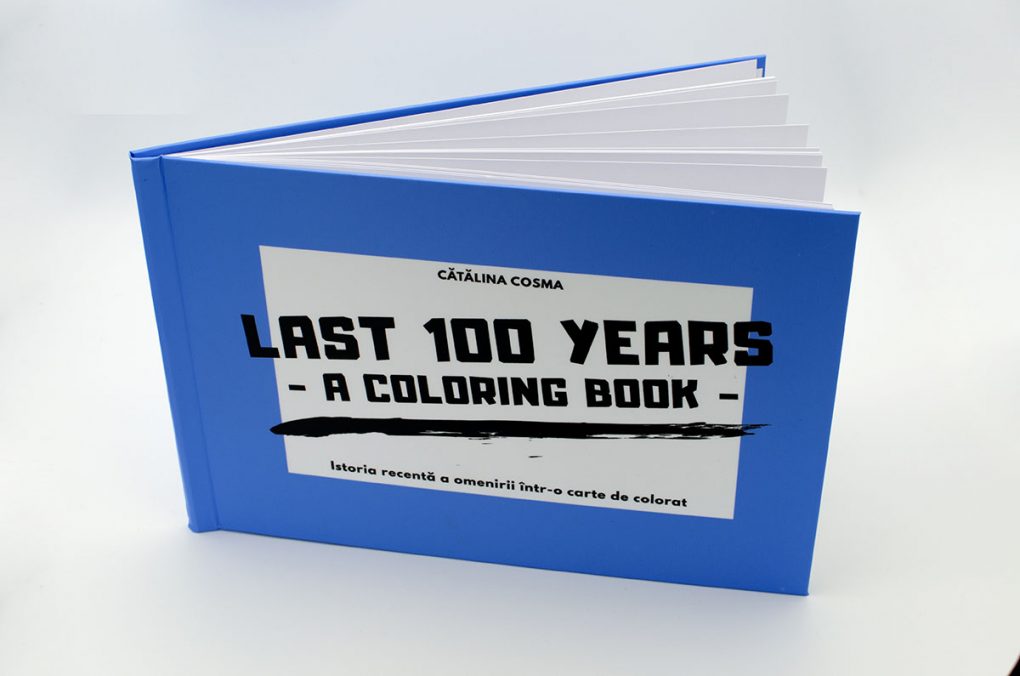
Romanian artist Cătălina Cosma 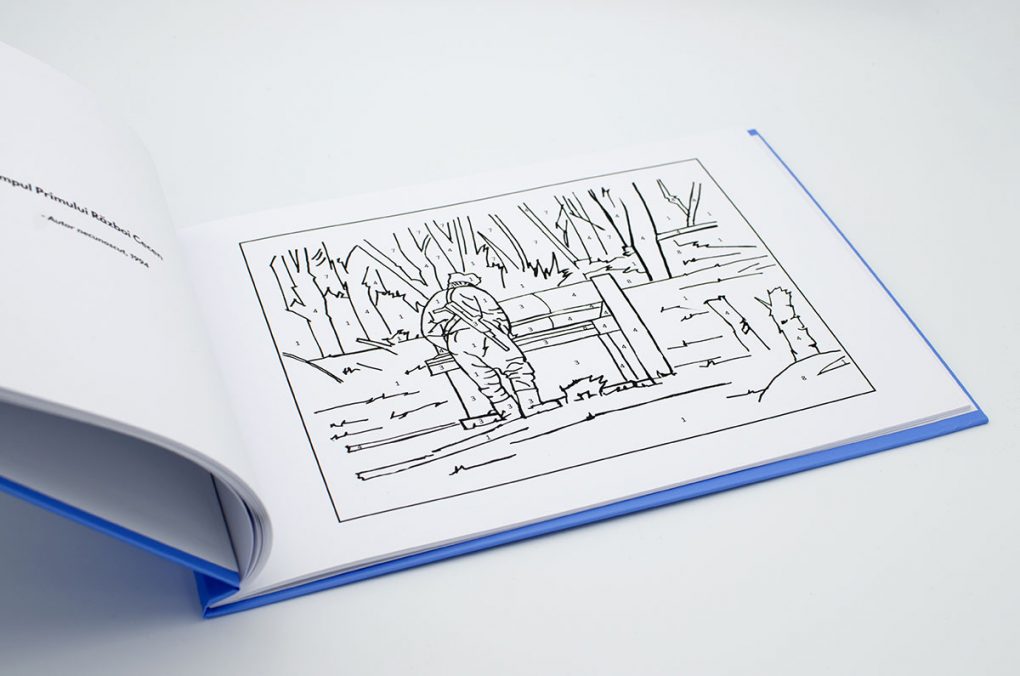
Romanian artist Cătălina Cosma 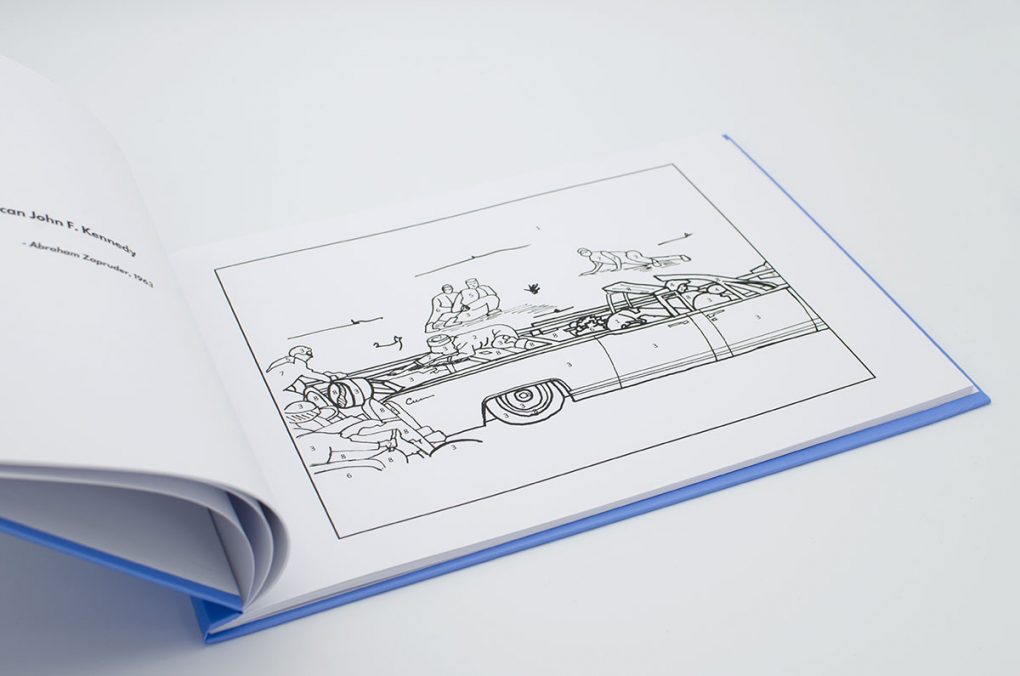
Romanian artist Cătălina Cosma 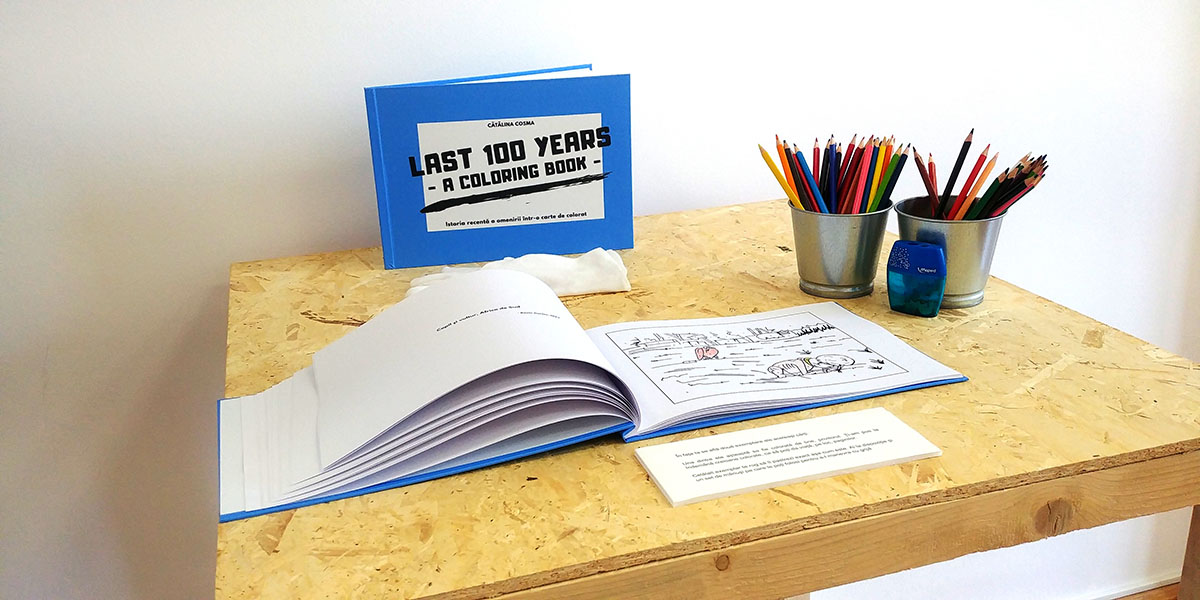
Romanian artist Cătălina Cosma
How do you define freedom?
Actually, I have been thinking about this concept a lot lately, defining and redefining it. I think it is mostly because of the current context and all the restrictions. There is a general tendency to find new ways to be free while staying safe. From my perspective, freedom is a box. A box in which I can add anything, remove anything. A box that gives me the chance to shape it as I want. It can even be a sphere or a dodecahedron. Anyhow, it is, essentially, a safe space. A safe space as big as the world. As long as I feel safe, I feel free. With this in mind, I would also say that freedom is bravery. Courage shapes you in unprecedented ways and gives you opportunities you never knew existed; the courage to express yourself, to create, to follow your dreams. The fear of failure, of rejection, chains you and it does so silently.
Freedom is being vulnerable and authentic not because you trust the other, but because you trust yourself more than anything. I have always thought that freedom is only a way of perception. If you are free in your mind, everything follows.
Anything exciting you can tell us about? What are you working on now?
I usually work on several projects at once. I like juggling around to stay away from boredom. I have been working on the stage design of a coreography show for almost 4 months now. The premiere is scheduled for late June at the National University of Theatre and Film Bucharest. I am eager to finally see this show performed in front of an audience. It is an existentialist story about sacrifice, set in a rather surrealist time and space. Besides, I am currently working on my dissertation project, which I am really excited about. The core idea is how the pandemic has changed the way we percive the burnout syndrome. It especially focuses on burnout among artist. The work brings into discussion two pivotal questions: „Which is the artist’s main duty: to take care of himself or of his art? Of his mental and physical health or of his calling?”. One thing I am particularly excited about is the „Use of Landscape“ exhibition. It is currently on display at the exhibition space of the Academy of Fine Arts Vienna until the 15th of May, and will also be on display in Bucharest, at Galeria Posibilia, this Summer.
Cătălina Cosma – www.instagram.com/cata.cosma/




